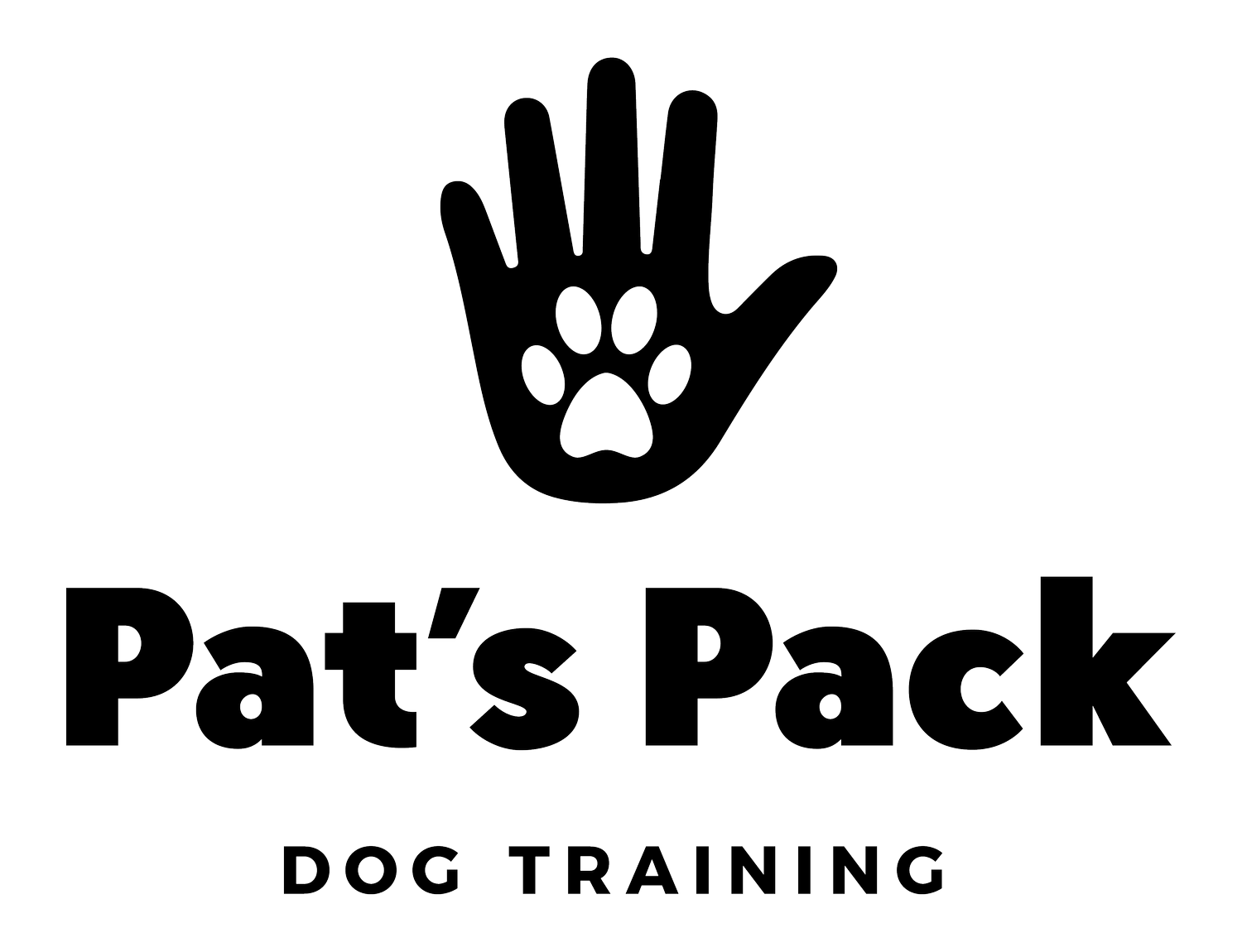How to Tame Destructive Chewing in Puppies
Ah, puppies 🐶 and their love for chewing can sometimes drive new owners crazy. From ruined shoes to shredded couches, it's crucial to understand why puppies chew and how to redirect their chewing behaviors. In today’s blog post, we'll explore the reasons behind puppy chewing and provide practical tips to curb destructive chewing habits effectively.
Here’s the deal, puppies chew for various reasons. Similar to teething babies, chewing soothes their gums during the teething phase. They also explore objects by putting them in their mouths, learning about their environment. Additionally, boredom and excess energy can lead to chewing. It's important to recognize that chewing is a natural behavior for dogs, akin to eating and sleeping.
So, so the real question you’re probably asking is, so how do we control puppy chewing 🚫?
I got ya…regardless of your dog's age, you can influence their chewing habits. Teaching your puppy what is appropriate to chew on and what is off-limits is key. By providing suitable chewing objects and following a few guidelines, you can effectively manage destructive chewing behaviors.
Offer Appropriate Chewing Items: Since chewing is a fundamental need for dogs, provide them with safe and suitable chewing objects. There are various options available, including antlers, bully sticks, and Kongs. Antlers are long-lasting and packed with vitamins and minerals. Bully sticks are enticing to dogs, although they don't last as long. Kongs, filled with treats and frozen, provide a satisfying chewing experience for puppies.
Beware of Hazardous Chewing Items: Certain chewing items should be avoided due to safety concerns. Cooked bones, despite popular belief, can easily splinter and cause serious harm to your puppy's digestive tract. Rawhide, although commonly marketed, poses risks of blockage and gastrointestinal issues. Be cautious and prioritize your pup's well-being by steering clear of these items.
Be Strict and Consistent 🙅: Consistency is vital in teaching puppies appropriate chewing behaviors. Never allow your puppy to chew on inappropriate objects, even once. By being firm and redirecting their attention to suitable chew toys, you reinforce the correct behavior. Remember, raising a puppy requires repetition and patience.
So all that to say, destructive chewing can be managed effectively by understanding the reasons behind it and implementing appropriate strategies. Provide your puppy with safe chewing objects, avoid hazardous items, and remain consistent in redirecting their chewing behaviors. With time and perseverance, your puppy will develop healthy chewing habits, sparing your shoes and furniture from their destructive tendencies.
Happy chewing and as always, Happy Dog Training! 🐾
